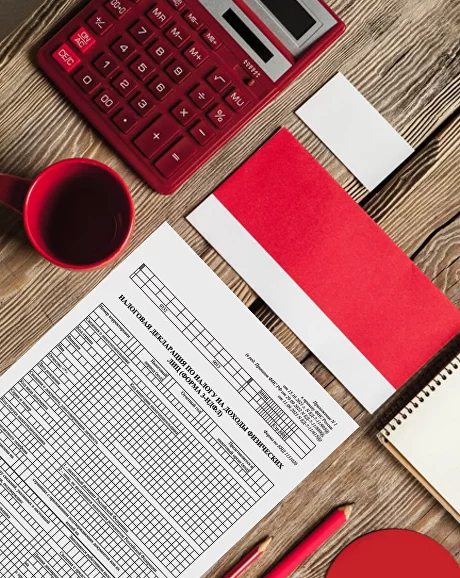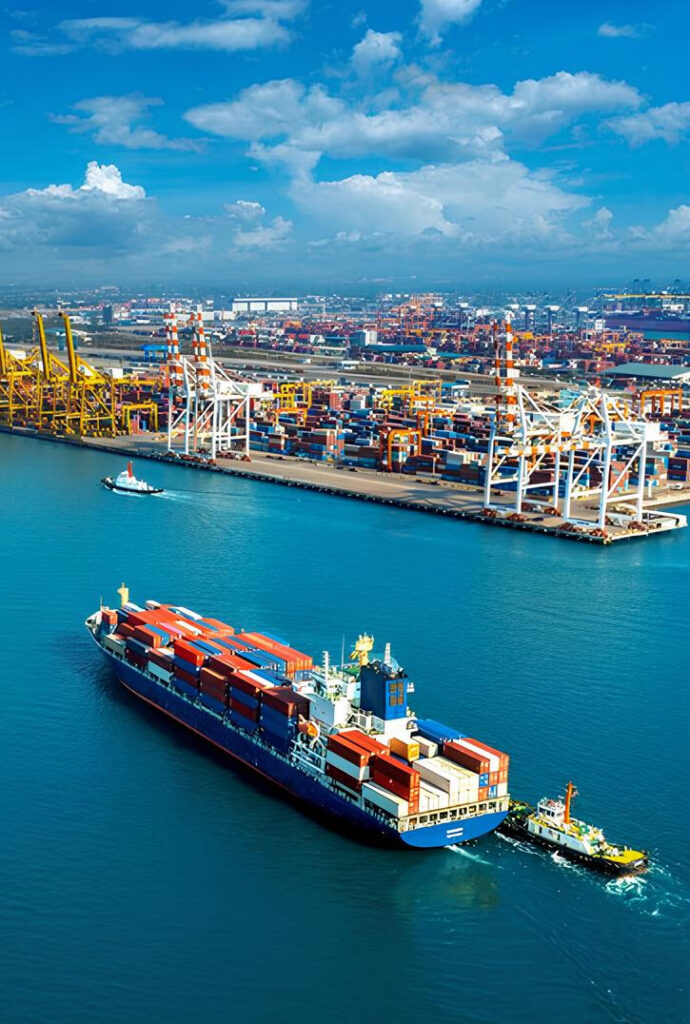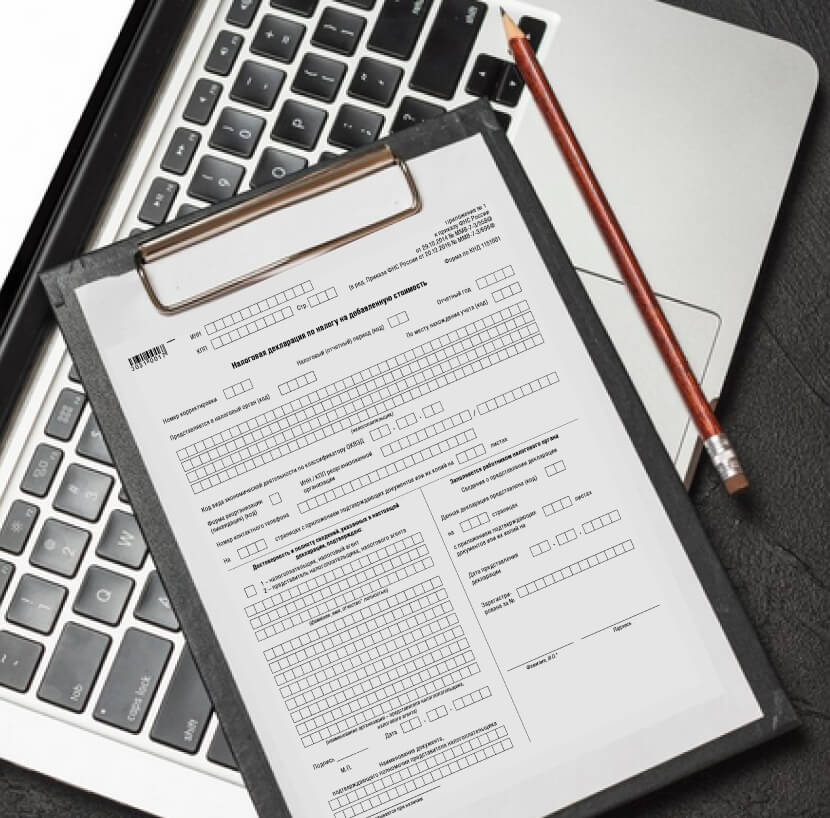Russia’s tax system is structured and governs taxes on income, property, business operations, and more. If you’re planning to move or already living in Russia, here’s what you need to know income tax, corporate tax and other taxes in Russia.

1
✓ Tax levels
Taxes in Russia are collected at three levels:
✓ Who Manages Taxes?
2
✓ Tax Code
✓ Regional Taxes
3
Understanding the system helps you comply with laws, avoid fines, and manage your finances effectively.
Individuals in Russia are classified as either residents or non-residents, which determines how their income is taxed:
✓ Residents:
✓ Non-Residents:

2021–2024 Rates:
Since 2025:
Applicable to salaries, rental income, and other income types forming part of the main tax base.
Table 1. Parameters of the 2025 progressive Personal Income Tax*
Source: Ministry of Finance of the Russian Federation
Annual income
Up to 2.4 million ₽
2.4–5 million ₽
5–20 million ₽
20–50 million ₽
Over 50 million ₽
Average monthly income
Up to 200K ₽
200K–416.7K ₽
416.7K–1667K ₽
1.67K – 4.17K ₽
Over 4.17K ₽
Rate
13%
15%
18%
20%
22%
The tax is applied progressively, meaning higher rates only apply to the portion of income exceeding each threshold.

Generally taxed at a flat 30% rate on all Russian-sourced income. To secure a lower tax level – become a resident through the Shared Values Visa or Golden Visa programs.
Some types of income are taxed at 13%-15%, including:
✓ Progressive Taxation:
Under the new 2025 scale, only the portion of income exceeding each threshold will be taxed at the higher rate.
✓ Special Cases:
Certain categories of income could be exempt.
Understanding these tax structures helps ensure compliance and allows individuals to better plan their financial obligations when living or working in Russia. Stay informed to avoid surprises and optimize your tax filings!

Companies operating in Russia must pay corporate income tax on their profits.
Certain regions may reduce the regional portion of the tax to attract investment.
Russian legal entities pay taxes on their worldwide income.


The law allows for a federal ITD, which can be claimed against federal tax payable. This deduction can cover up to 50% of expenses incurred for:
By aligning with these guidelines, businesses can better navigate Russia’s evolving corporate tax landscape.

The standard VAT rate in Russia is 20%, applied to the sale of goods and services. Businesses with an annual turnover exceeding 2 million rubles are required to register for VAT. Failure to register can result in penalties.


Certain goods and services are exempt from VAT, including:
These updates ensure businesses and individuals stay informed about their VAT obligations and opportunities for reduced rates or exemptions.

Excise duties apply to products considered harmful or luxurious, such as:
These duties are included in the final price paid by consumers. Rates vary depending on the product category and are periodically adjusted to reflect inflation and other factors.


MET is imposed on subsoil users engaged in the extraction of natural resources, including:
Tax rates for MET depend on the type of minerals extracted and may vary based on economic and geological considerations.
These taxes play a crucial role in regulating industries and generating government revenue

Property tax in Russia is paid by legal entities owning real estate. Key points include:

✓ No Purchase Tax
Buyers are not subject to purchase tax when acquiring property in Russia but must pay a state registration fee to formalize the transaction.
✓ Capital Gains Tax

Motor vehicle owners registered in Russia are required to pay an annual transport tax:
These taxes contribute significantly to regional budgets and are structured to account for property value, vehicle characteristics, and market conditions.

Landowners in Russia are required to pay land tax.


A municipal tax targeting owners of hotels, recreation centers, and other accommodation facilities.


Significant updates will take effect in 2025, doubling child-related deductions:

Deductions are available for property-related expenses, social allowances, and standard deductions:

Taxpayers can deduct:

Certain types of income and assets remain tax-exempt, including:

While most deductions are exclusive to tax residents and capped (e.g., annual social deductions are limited to 150,000 ₽), they provide substantial relief. These measures are designed to lower living costs and encourage investment in housing, education, and healthcare.
With these updates, navigating Russia’s tax system becomes more manageable for residents looking to optimize their finances while benefiting from expanded allowances.
Russia’s tax system differentiates between residents and non-residents, taxing residents on worldwide income and non-residents on income sourced within Russia. For foreign professionals, the Highly Qualified Specialist (HQS) program offers a tax-efficient pathway to work in Russia.

The HQS program targets skilled foreign professionals with notable expertise or achievements in specific fields. To qualify:
This program, alongside the investor visa, makes Russia an attractive destination for skilled foreign professionals. By lowering tax obligations and simplifying compliance, it supports foreign specialists in establishing their careers in Russia without the financial strain typically associated with expatriate taxation.
The HQS program underscores Russia’s commitment to attracting international talent while offering competitive benefits for skilled professionals.
Russia has introduced a range of special tax regimes designed to promote entrepreneurship and specific economic activities. These regimes simplify taxation and reduce financial burdens by replacing multiple taxes with a single payment. Entrepreneurs using these regimes are typically exempt from income tax, personal income tax, VAT, and property tax.
Here are the six regimes available for entrepreneurs in Russia:

Tax rate
4%
on payments from legal entities
6%
on payments from individuals
Who is Eligible?
Self-employed individuals working independently
Tax rate
6%
with exemptions from profit and property taxes
Who is Eligible?
Agricultural enterprises producing goods
Tax rate
6%
on income
15%
on income minus expenses
Who is Eligible?
Individual entrepreneurs and companies meeting specific criteria
Exemptions: Income tax and property tax are not required
Tax rate
6%
on income,
with a simple registration process through a patent
Who is Eligible?
Small businesses in specific sectors
These systems are ideal for reducing administrative complexity and minimizing tax liabilities, making them especially attractive for small businesses and self-employed individuals. By simplifying compliance and offering competitive rates, Russia aims to encourage entrepreneurship and boost economic activity across various sectors.
For entrepreneurs, these special tax regimes offer a streamlined and cost-effective approach to managing their financial obligations.
Russia has developed Special Economic Zones (SEZs) to attract foreign investment and drive economic growth. These zones provide tax incentives, reduced administrative burdens, and other benefits to companies operating within them.

Industrial SEZs
Technological SEZs
Tourist-Recreational SEZs
Port SEZs
To qualify for SEZ benefits, companies must:
These zones offer an attractive option for businesses seeking cost savings and simplified operations while contributing to Russia’s economic and industrial growth. SEZs remain a cornerstone of the country’s efforts to create a business-friendly environment.
With the rise of the digital economy, Russia has implemented targeted tax measures to support IT companies and attract investment in this fast-growing sector. The special tax regime for IT companies offers numerous advantages aimed at fostering innovation and boosting the tech ecosystem.

✓ Reduced Corporate Income Tax
✓ Lower Insurance Contributions
✓ Additional Incentives
To qualify for these benefits, companies must:
Accredited companies must adhere to regular reporting and audits to maintain their status and continue receiving benefits.
This tax regime positions Russia as an attractive destination for both domestic and international IT businesses. By offering reduced tax rates and incentives, it encourages investment, innovation, and regional growth.
Many Russian regions complement these federal measures with additional tax breaks and subsidies, further incentivizing IT companies to establish and expand their operations locally. The program underscores Russia’s commitment to strengthening its digital economy and maintaining a competitive edge in global tech markets.
Offshore companies and Controlled Foreign Corporations (CFCs) are integral to international tax planning. To address tax evasion and increase transparency, Russia has introduced robust measures targeting these entities.

Under Russian law, a CFC is a foreign entity where Russian taxpayers hold a substantial interest (typically 25% or more).
To ensure compliance:
Certain entities may be exempt from CFC obligations, such as:
These regulations reflect Russia’s commitment to reducing offshore tax evasion while ensuring fair tax practices. Russian taxpayers with international holdings are encouraged to stay informed about CFC rules to remain compliant and avoid penalties.
By enforcing transparency and limiting tax avoidance structures, Russia seeks to foster a more equitable and accountable international tax environment.
For foreigners residing in Russia, strategic tax planning can significantly optimize tax burdens and maximize savings. Russia offers various measures to ease financial pressure and encourage investment in essential services, including deductions for education, healthcare, and mortgage interest payments.

Russia maintains a robust network of double taxation treaties with over 70 countries. These treaties:
In 2023, a Presidential decree partially suspended tax treaty benefits with “unfriendly” countries, including the U.S., U.K., Japan, and South Korea (49 territories in total).
Key Example: In 2024, the U.S.-Russia tax agreement was suspended, eliminating benefits for Russian residents using the W-8BEN form and Americans residing in Russia.
Impact of Recent Tax Changes in Russia
Navigating the complexities of Russia’s tax system can be challenging, but proactive planning helps minimize liabilities and ensure compliance. Whether you’re a foreign individual or business, understanding available deductions and treaty benefits is critical to effective financial management.
Our expertise is here to guide you through Russia’s evolving tax landscape, offering tailored advice to simplify your obligations and make your financial journey stress-free.
Read Also
Access to Membership
Shared Values Visa Guide
$99